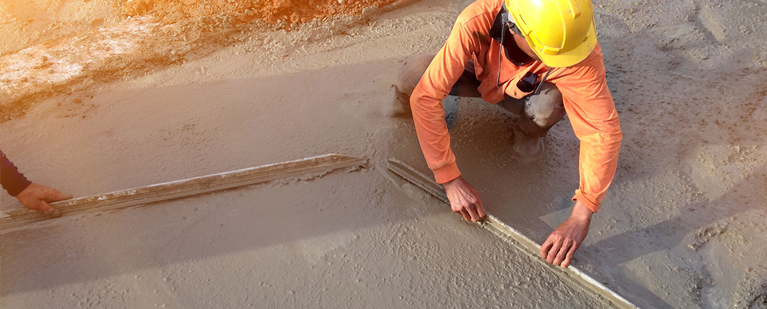Getting your concreting trade licence is an easy process with Skills Certified Australia! The first step to a licence is getting a certification.
By evaluating your skills through the Recognition of Prior Learning (RPL) process, can have a variety of career and lifestyle benefits. Skills Certified Australia is your partner in your educational and career development goals. When you choose to advance your career with us, you have access to specialised information from our experts and our network of partner Registered Training Organizations (RTOs). We have specialised experts who concentrate on your unique experience to help you obtain a certification as quickly and easily as possible.
Before you can begin using Recognition of Prior Learning, there are a few boxes to check. The industry you work in, the sort of qualification you want, and any relevant formal or informal past learning will all affect your eligibility. Skills Certified Australia can help you recognise your own experiences and identify the gaps in your learning. And then you can take necessary steps to completing your certification. Once the eligibility criteria is met, you can apply for a licence.
At Skills Certified Australia, the method of getting a certification is simple. We assess your skills, evaluate your experience, fill the gaps in your skill set, and get you certified. You can find specific information by state below.




















